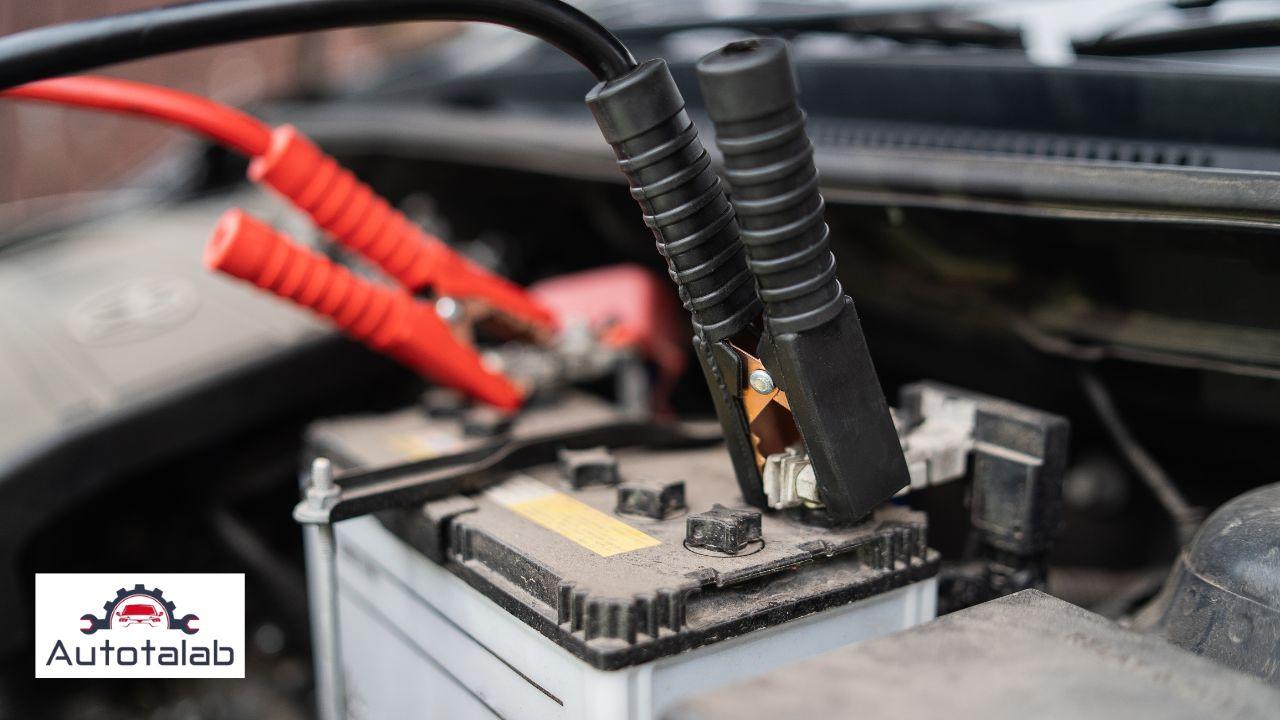Kuwait’s scorching summer temperatures—often soaring to 50°C (122°F)—can be extremely harsh on car batteries. In such intense heat, batteries tend to fail more quickly, leaving many drivers stranded unexpectedly. However, with the right maintenance routine, you can extend your battery’s life and prevent costly issues. Let’s explore the best practices to keep your car battery in top shape throughout Kuwait’s hot weather.
Understanding How Heat Affects Car Batteries
Why Hot Weather Reduces Battery Life
Hot temperatures accelerate the evaporation of battery electrolytes, which disrupts the internal chemical balance. This can result in:
-
Rapid internal wear
-
Increased corrosion
-
Swelling of the battery casing
Due to these conditions, car batteries in Kuwait tend to have a significantly shorter lifespan than those in cooler climates.
Common Battery Problems in Kuwait’s Climate
Some of the most common heat-related battery issues include:
-
Swollen or bulging battery cases
-
Corroded or loose terminals
-
Sudden failure or difficulty starting
-
Gradual reduction in battery performance over time
Regular Battery Checks are Critical
How and When to Check Your Battery
Regular inspections are essential to prevent failures. Make sure to:
Monthly Checks
-
Inspect the terminals for corrosion or looseness
-
Use a voltmeter to check voltage levels
-
Monitor electrolyte levels (if your battery is not sealed)
Biannual Professional Testing
-
Have your battery professionally tested before and after the summer
Signs Your Battery Needs Attention
Pay attention to these early warning signs:
-
Engine cranks slowly or struggles to start
-
Illuminated battery or check engine warning lights
-
Signs of acid leakage or terminal corrosion
-
Battery is more than three years old
Proper Battery Maintenance Tips for Kuwait’s Climate
Keep Battery Terminals Clean and Tight
-
Use baking soda and water to clean corrosion buildup
-
Tighten all terminal connections
-
Apply terminal protector spray to reduce future corrosion
Protect Your Battery from Excessive Heat
-
Park in shaded or covered areas whenever possible
-
Use battery insulators or thermal wraps
-
Avoid long periods of parking under direct sunlight
Maintain Optimal Fluid Levels and Charging
-
Check electrolyte levels regularly and refill with distilled water if needed
-
Avoid deep discharges and overcharging
-
Use a certified battery charger when necessary
When to Replace Your Car Battery
Signs for Immediate Replacement
-
The battery is over 3–4 years old
-
Frequent need for jump starts
-
Visible signs of leaks, swelling, or corrosion
-
Irregular electrical behavior such as dimming lights or unstable electronics
Choosing the Best Battery for Kuwait’s Climate
-
Select car batteries specifically designed for high-temperature environments
-
Consider AGM (Absorbent Glass Mat) batteries for their heat resistance and durability
-
Choose well-known brands that offer warranties and proven performance in extreme conditions
Real-World Examples and Expert Advice
Local Case Study
A car rental company in Kuwait experienced a 30% increase in battery failures during the summer months due to poor maintenance.
Expert Quote
“Heat shortens battery life by causing rapid electrolyte loss and accelerated corrosion,” says Ahmed, a certified Kuwaiti auto mechanic.
Practical Outcome
Car owners who follow consistent maintenance practices—including regular inspections and heat protection—experience 50% fewer breakdowns during the summer.
Actionable Takeaways
-
Inspect and clean battery terminals every month
-
Always park in shaded or covered areas when available
-
Conduct professional battery tests at least twice a year
-
Replace your battery before the 4-year mark
-
Invest in high-quality, heat-resistant batteries suited for Kuwait’s conditions
Conclusion
The extreme heat in Kuwait demands extra attention to your car battery. Regular inspections, proper heat protection, and timely replacements can prevent breakdowns and extend battery life. By following these simple yet effective practices, you ensure a smoother, safer driving experience—even in the hottest months.

